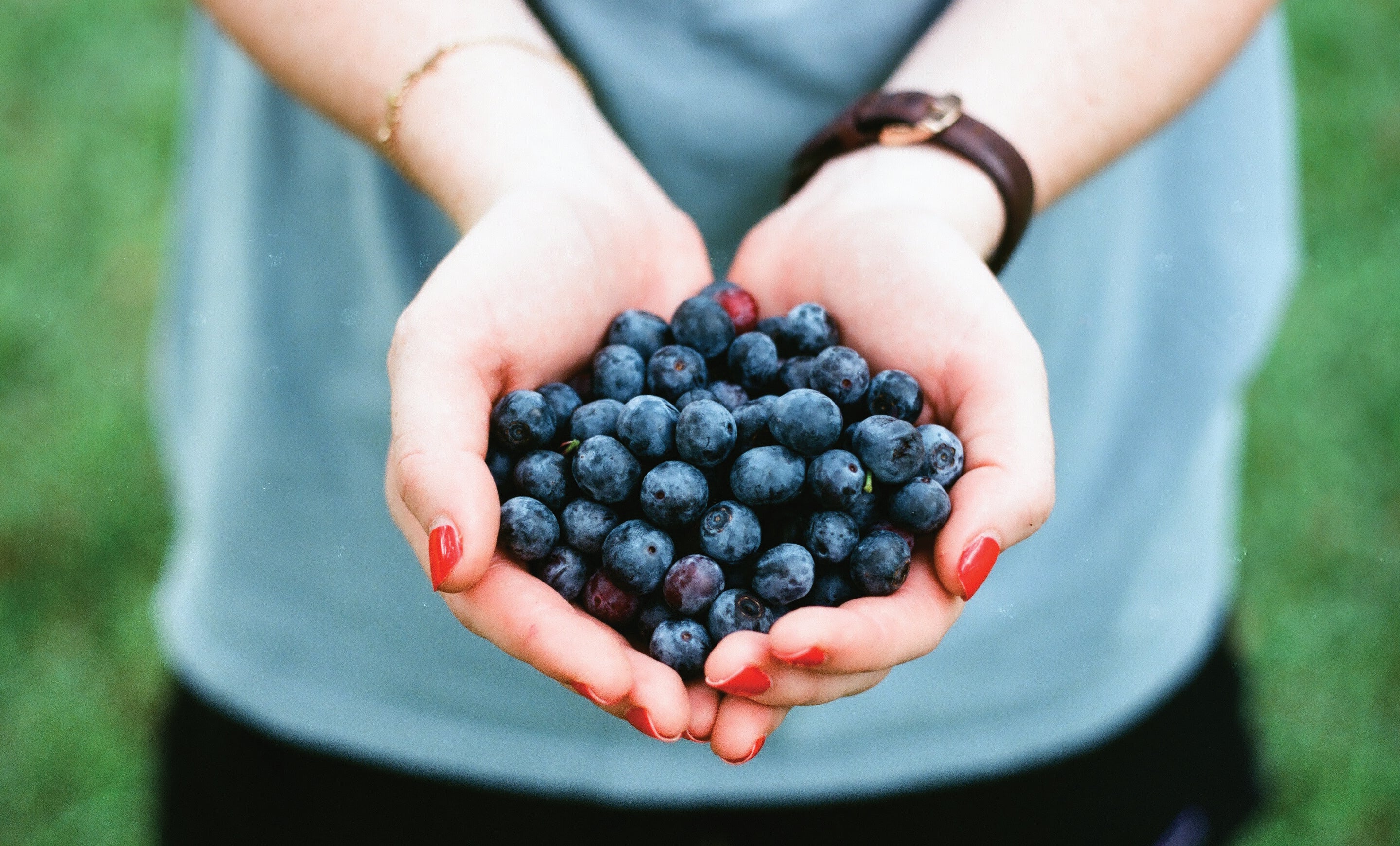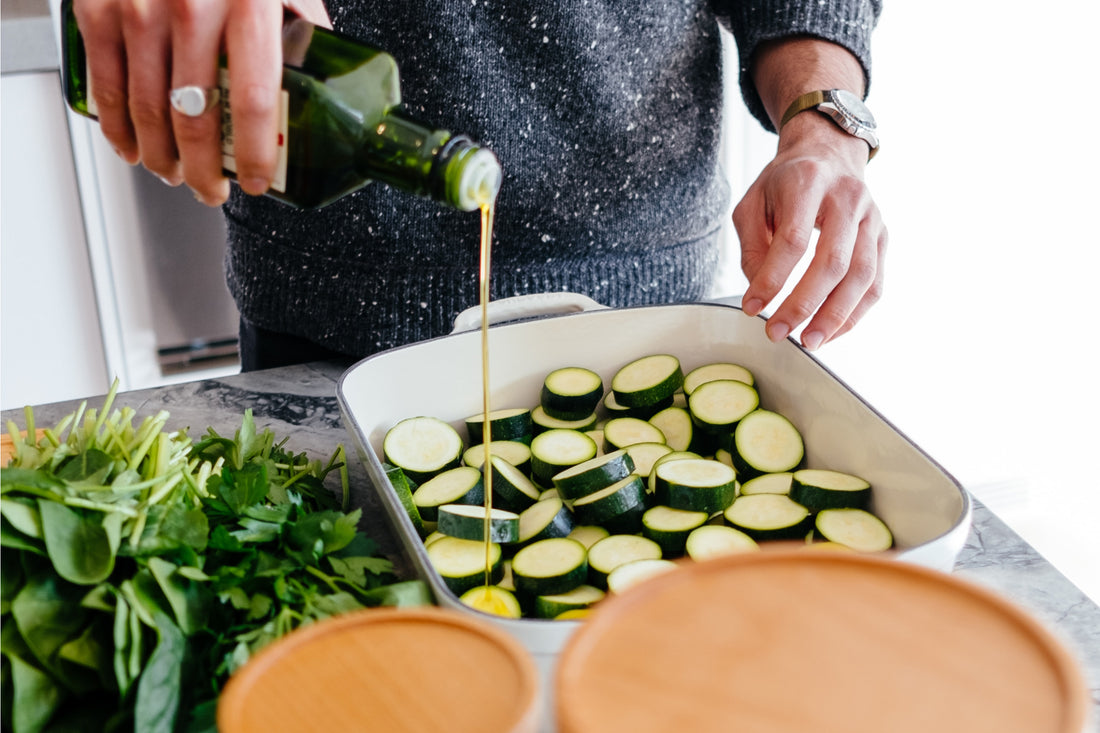La idea de tener cáncer puede resultar atemorizante y abrumadora, pero una forma de sentir que tenemos el control de nuestra salud es centrarnos en la prevención siempre que sea posible. Nuestros médicos suelen centrarse en ayudarnos a crear un plan de acción después de un diagnóstico de cualquier tipo de dolencia, pero podemos tomar las riendas de nuestra salud mucho antes de que aparezca cualquier enfermedad. De hecho, hacernos cargo de nuestra salud de esta manera podría evitar que esa enfermedad llegue.
Mantener el estrés bajo control, priorizar un sueño de calidad, realizar una cantidad saludable de ejercicio y comer alimentos nutritivos pueden marcar la diferencia en la prevención de enfermedades. Cuando se trata de prevenir el cáncer, comer comidas ricas en antioxidantes y otros alimentos saludables tienen el potencial de marcar la diferencia.
Ciertos hábitos saludables pueden ayudar a reducir el riesgo de cáncer, y comer alimentos que lo combaten es un buen punto de partida. Incorpora algunas de las frutas y verduras que se indican a continuación a tu dieta para ayudar a prevenir el cáncer. ¡Por suerte, tienen un sabor buenísimo!
Brócoli

El brócoli y otras verduras crucíferas (como el repollo y la coliflor) son conocidos por sus fitonutrientes, que pueden ayudar a prevenir el cáncer. El brócoli al vapor es un excelente acompañamiento para la cena o el almuerzo. Si no te gusta el sabor del brócoli pero quieres incorporarlo a más comidas, prueba a acompañarlo con queso derretido. ¡Te resultará difícil resistirte!
Arándanos

Los arándanos tienen un alto contenido de antioxidantes, que ayudan a eliminar los radicales libres del cuerpo. Otras bayas, como las frambuesas y los arándanos rojos, también tienen un alto contenido de antioxidantes. Estas frutas vibrantes pueden ayudar a mantener alejado el cáncer, y ciertamente no está de más que sean deliciosas. Las bayas coloridas son un excelente refrigerio e incluso pueden servir como un excelente postre. Las bayas congeladas combinadas con yogur griego son un bocadillo perfecto.
Pomelo

El pomelo es muy rico en vitamina C, un antioxidante conocido por su potencial efecto preventivo contra el cáncer. Se cree que la vitamina C ayuda a prevenir la formación de ciertos compuestos cancerígenos. También se puede encontrar vitamina C en alimentos como las naranjas y el brócoli, pero el pomelo es un excelente comienzo. ¡También es un excelente desayuno! Cuando te sientes a comer pomelo, no olvides usar una cuchara para pomelo: sus surcos especialmente diseñados hacen que sea más fácil sacar cada refrescante rodaja a medida que avanzas. El pomelo es conocido por interactuar con ciertos medicamentos, así que antes de convertir la fruta en una parte habitual de tu rutina, consulta con tu médico.
Remolachas

Las remolachas, hermosas y brillantes, tienen un sabor crujiente que es difícil de superar. Se cree que la betacianina, el pigmento que le da a las remolachas su color rojo, ayuda a prevenir el desarrollo de células cancerosas y reduce la inflamación. Pruebe las remolachas en una ensalada para una experiencia que impresionará totalmente a sus papilas gustativas.
Col rizada

La textura crujiente y rica de la col rizada y su sabor refrescante la han convertido en una celebridad de los supermercados en los últimos años. Si ese delicioso sabor no fuera suficiente, la col rizada es rica en antioxidantes. La col rizada pertenece a la familia de las verduras crucíferas, al igual que el brócoli, y se dice que ayuda a nuestro cuerpo a absorber el hierro y eliminar parte del colesterol malo. Al igual que el pomelo, la col rizada no se combina bien con ciertos medicamentos, por lo que si toma algún medicamento a diario, es importante que hable con su médico antes de agregar col rizada adicional a su rutina. La col rizada tiene un sabor excelente en ensaladas, batidos e incluso en forma de chips.
Conclusión
Desarrollar hábitos positivos y constructivos puede ayudar a reducir el riesgo de cáncer. Centrarse en llevar una vida sana es un gran paso hacia la prevención, y los alimentos nutritivos son una clave importante para una vida más sana. Cuando elija estas frutas y verduras en el supermercado, podrá estar tranquilo sabiendo que está marcando una diferencia en su salud general.






